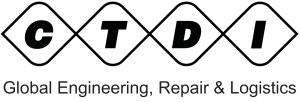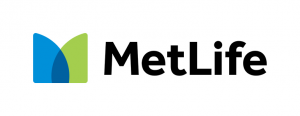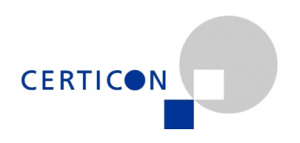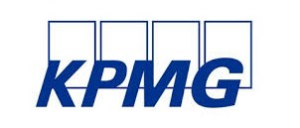Bribery and corruption – a perennial problem in the Engineering and Construction sector
20.07.2010Company: PricewaterhouseCoopers Česká republika, s.r.o.
Economic crime is real and is happening within the Engineering and Construction sector (E&C), with significant consequence for those involved. Losses, fines and reputational damage can be significant. These are the key findings of PricewaterhouseCoopers 4th biennial Engineering and Construction sector findings report, which accompanies the main Economic Crime in a Downturn: Global Economic Crime Survey.
ČESKY: Úplatky a korupce – stálý problém stavebnictví a strojírenství
“Specifics of construction industry together with financial and economic crisis emerged the risks of corruption and economic crime. Managers urging for contracts can be more inclinable to offer illegal fulfilment or to manipulate with offer price or showing the performance, that in certain cases can be proved after as much as a period of time. Number of payments, especially in small and midsize companies, in construction have still been made in cash, where is a room for illegal transactions,” said Jiří Koval, construction expert at PricewaterhouseCoopers Audit.
"When markets are difficult, people are looking more closely at how they interact with tenants, contractors and other suppliers, particularly around the area of procurement. It is vital that stakeholders have a good grip on costs and revenues, and transparency is critical. As the survey shows, transparency is often lacking, and that is a problem," added Richard Jones Head of Real Estate at PricewaterhouseCoopers Audit.
Key Findings
24% of E&C companies have experienced economic crime in the last year;
more sophisticated frauds such as accounting fraud and bribery and corruption are on the increase;
bribery and corruption is much more prevalent in the E&C sector than the industry average; significantly greater percentage, 29% versus 13% for all industries as a whole
whilst the financial impacts of fraud were consistent with other sectors, employee morale is more damaged in the E&C sector than in other sectors;
Over a third of E&C companies had not performed a fraud risk assessment in the last twelve months and another third had not increased the frequency of those reviews.
The significant majority (69% of respondents) reported economic crime in E&C is committed by internal fraudsters
Eleven companies which experienced incidences of fraud said that the direct financial impact of this exposure was more than US$500,000. Two others reported an impact of over US$5million.
“Understanding where risks lie within an organisation and having a plan to do something about it is key. Implementation of an effective compliance structure is the main building block in mitigating the risk of fraud and corruption” commented Sirshar Qureshi, Partner in Forensic Services at PricewaterhouseCoopers Czech Republic.
A proactive approach to fraud risk management can protect businesses from the effects of economic crime. Greater effort is, however, still needed as the industry remains heavily reliant on detection of economic crime through internal audit. The adoption of a risk assessment based approach to the management and detection of economic crime is therefore required.







